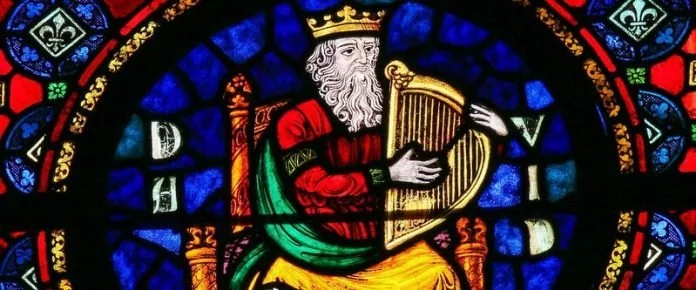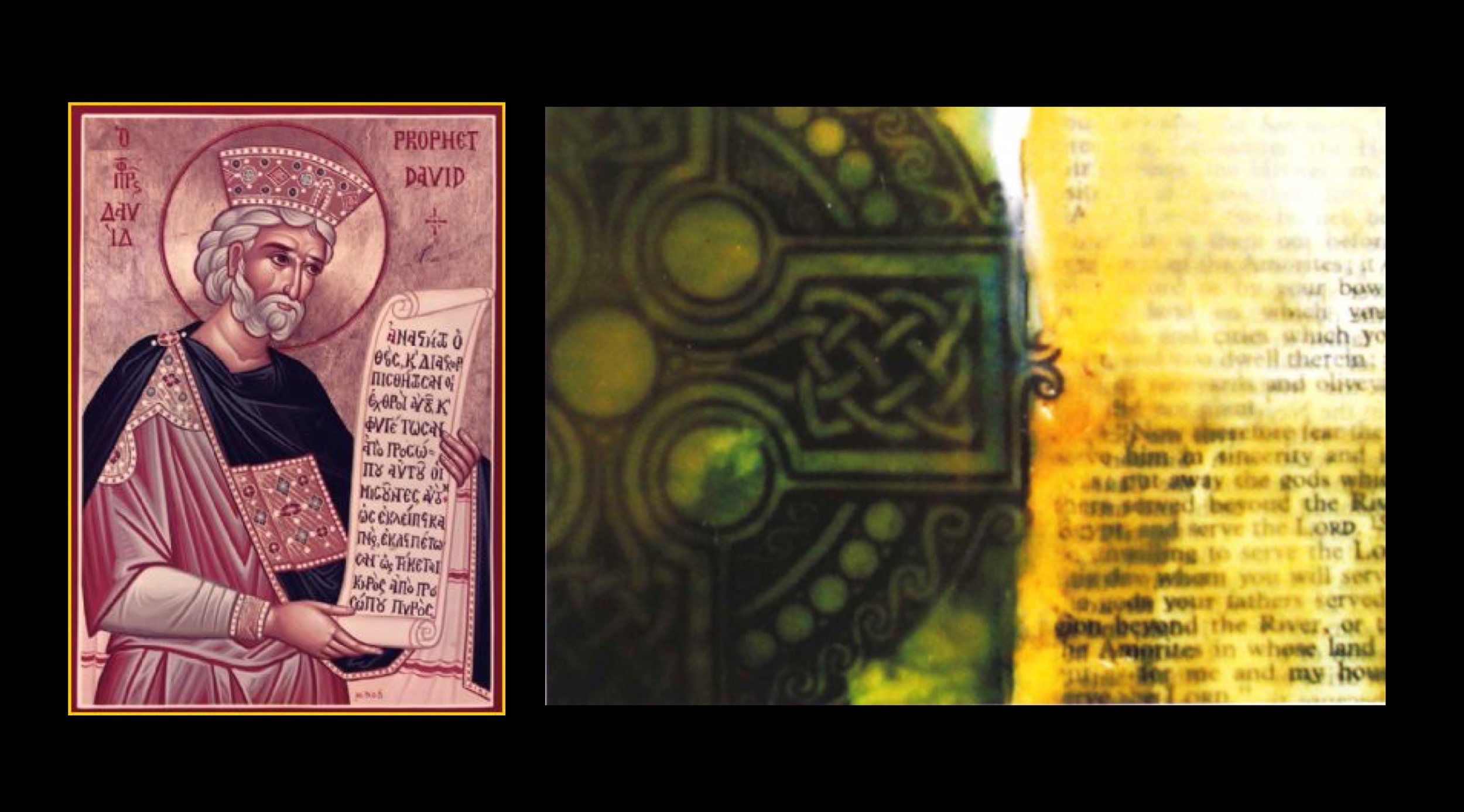The Music of the Psalms in Church History
If you could climb into a time machine and fly back to the year 65 AD, then find your way into a house on the edge of the city of Ephesus, where a group of Christians gathered to sing the psalms, what would it sound like?
If you then traveled a thousand years later to the Cluny Abbey in eastern France, in the year 1045 AD, nine years before the "Great Schism" between Eastern and Western Christianity, what would it sound like for the Benedictine brothers to chant the psalms in the Gregorian style that was common to their day?
If you traveled 200 years into the future and 1,500 miles southeast to the city of Constantinople, and walked into the majestic Hagia Sophia, the “Church of the Holy Wisdom,” what sound would you encounter there as you heard the Byzantine chant of the entire congregation?
If you then darted across both the Adriatic and Aegean seas and forward to the year 1585, where Giovanni da Palestrina served as the maestro di cappella at St. Peter's Basilica, in Rome, what glorious sounds would you hear in the polyphonic piece of music, "Sicut cervus," based on Psalm 42?
And then you flew north 600 miles to the Republic of Geneva, in the same year, how would you experience the a cappella music of the metrical psalms of the congregation at the Cathedral of St. Pierre?
Then another 100 years forward to the northern German city of Bremen where a people gathered to sing Joachim Neander's hymn, based on psalms 103 and 150, “Praise to the Lord Almighty”?
Or another 200 years forward to the American south where a group of black slaves sing the spiritual, "I Shall Not Be Moved," drawing from the opening words of Psalm 1?
And then you jump one last time into your time machine to the year 1981, to Dallas, Texas, where you hear Martin Nystrom's chorus, “As the Deer Pants," based on Psalm 42.
Then another 14 years forward to 1995, where you hear Matt Redman in the United Kingdom sing "Better Is One Day," inspired by Psalm 84.
Then to the year 2007 where Aaron Keyes and Stuart Townend sing the Psalm 62 song, “My Soul Finds Rest in God Alone.”
And then, finally, to 2017, where you heard, with a deep sense of quiet in your soul, the choral work by Elaine Hagenberg, “The Meditations of My Heart,” drawn from the words of Psalm 19.
If you come to an event that I'm planning for October 1, sponsored by the Brehm Center for Worship, Theology and the Arts, you will hear all these works of music by an extraordinary group of musicians!
And you'll get to sing along with the last several.
And you'll hear me offer historical context for each of these time periods in church.
And you'll get to enjoy a super tasty reception.
And ... there's childcare too (if you pre-register here).
t's going to be so very much fun.
To register for the event, go here!
And we'd sure love your help getting the word out about the event, taking place in Austin, Texas.







